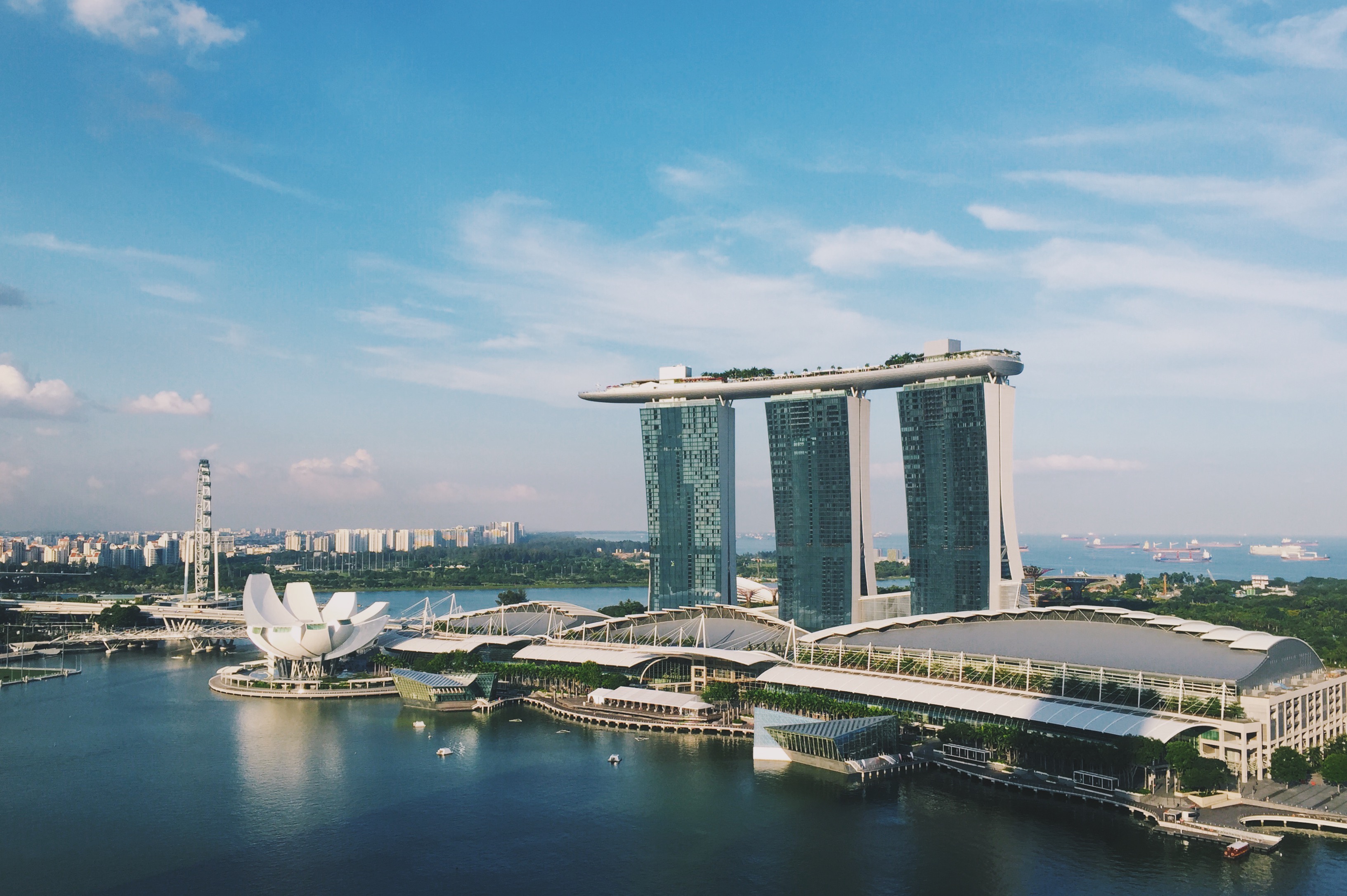Low water and air pollution levels, alongside efficient energy and transportation systems, has placed Singapore as the second greenest country in the Asia-Pacific region.
Singapore based finance platform ValueChampion analysed a wide range of publicly available data to explore how well individual countries in Asia are doing in terms of sustainability. Says Will Hofmann, Analyst, ValueChampion, "There is a growing interest in the subject of sustainability, which made us commit to the research."
Singapore has performed well, being home to the most efficient electric grid in terms of transmission and distribution losses – with just 1.8 percent of total electric power produced. The island-state also ranked in the top 5 countries in terms of air and water pollution measures.
One area for improvement would be Singapore's low reliance on renewable energy in terms of its total energy production at only 1.8 percent.
Japan topped the overall ranking, as it performed exceptionally well across the seven categories that were analysed. The categories are: Energy, Air, Water, Greenhouse gases, Waste, Green space, Transport.
In particular, Japan's reliable public transportation, clean water and efficient energy industry boosted its rankings. The World Economic Forum (WEF) gave Japan the highest score for train services among countries in our study. Moreover, only 2.3 percent of the population in Japan is exposed to unsafe drinking water. The land of sushi also ranked fourth in Asia-Pacific in terms of both renewable energy and grid efficiency.
South Korea and Australia tied at the third place, and New Zealand claimed the fifth spot.
“The top countries in our ranking system generate relatively less pollution, greenhouse gasses and plastic waste,” said ValueChampion in the blogpost. “[Meanwhile, they] also adopting renewable energy technologies, preserving green spaces and promoting public transportation.”




